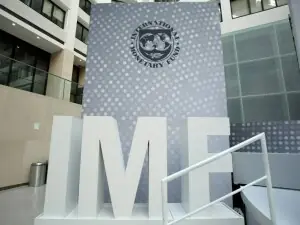British finance minister Gordon Brown signalled on Monday that joining the euro was a distant prospect and that membership would depend on passing his five economic conditions if the Labour party won a third term. In a speech to business leaders in London ahead of next week's general election, Brown criticised the European Central Bank for being slow to react compared with the Bank of England or the US Federal Reserve.
He also said Britain's fiscal rules meant it had avoided the problems that have befallen the European Union's Stability and Growth Pact while pointing out that British unemployment was half that of Germany or France.
"We were right to conclude in this parliament when we examined the five tests in detail that we could not recommend joining," Brown said.
"And in the next parliament, and at all times, I can guarantee the five tests will have to be met and the results clear and unambiguous. Stability and the national economic interest will always come first."
Brown ruled in 2003 that Britain was not yet ready to join the euro based on his five economic tests, first set out shortly after Labour came to power in 1997.
They measure whether there is sufficient convergence between the two economies, whether there is enough flexibility to cope with shocks and what effect joining would have on investment, the financial services industry and jobs.
Opinion polls show Labour is on track to win the May 5 election, most giving the party a substantial lead over the main opposition Conservatives, who reject joining the euro.
BR100
16,405
Increased By
92.5 (0.57%)
BR30
52,938
Increased By
579.1 (1.11%)
KSE100
158,781
Increased By
743.5 (0.47%)
KSE30
48,500
Increased By
249 (0.52%)





















Comments
Comments are closed.